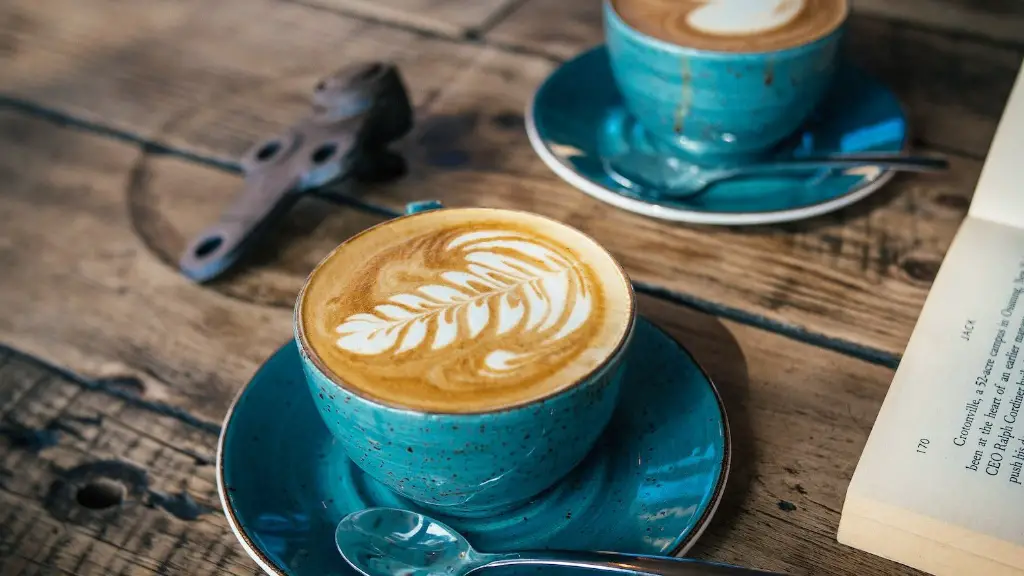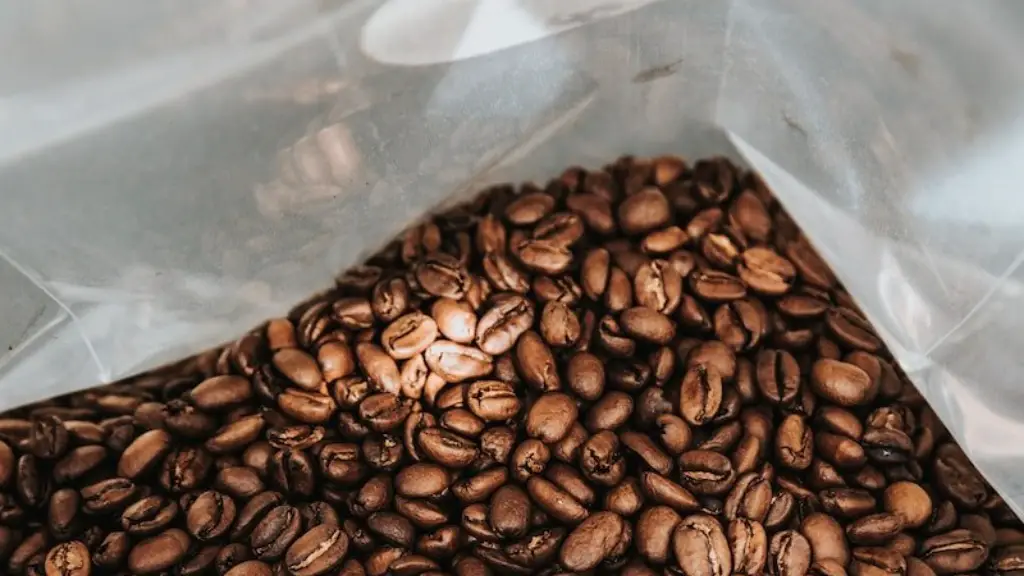Overview of Fasting and Coffee
Fasting has been an important part of many cultures for centures. It can involve abstaining from food for anywhere from 12 to 48 hours, or even longer. In general, religious fasting dictates that one abstains from both food and drinks. Some instances involve allowing liquids to drink, such as water. But can one drink coffee while fasting?
The short answer is that this depends on the type of fast one is doing and the reason behind it. For instance, fasting for weight loss or health purposes would involve abstaining from food and drinks, while religious fasting would involve drinking certain liquids but not others. It also depends on how strong one’s coffee is and whether it has added ingredients such as sugar or milk.
Health Benefits and Negative Effects
Some people believe that drinking coffee when fasting can help to boost energy levels, make fasting easier by providing a distraction from the feeling of hunger, and help with reducing the time taken for a fast. On the other hand, caffeine can fog the mind and have a dehydrating effect, meaning it can exhaust the body and cause dehydration, leading to disruption of normal bodily functions.
Coffee might also interfere with the absorption of nutrients and vitamins, and along with the acidity of coffee, can lead to an imbalance of acid levels in the body as well. On the other hand, if you are fasting for religious reasons, then coffee could be a better choice than other hot drinks like tea, as tea typically contains more sugar.
Experts Perspectives and Recommendations
Many experts advice against drinking regular coffee while fasting, especially when it is a health-related or medical fast. Although coffee is acidic and potentially dehydrating, some experts argue that a few cups of black coffee should not have an appreciable impact on the fast, as long as it is drunk in moderation and that the total number of calories consumed is not exceeded.
However, most experts agree that it is best to err on the side of caution and abstain from coffee entirely when fasting. This may be especially true for long and intense fasts that have significant weight loss goals associated with them. Additionally, smokers and those with hypertension should avoid or at least reduce the amount of coffee consumption when fasting.
My Insights and Experiences
I personally am a fan of coffee and believe that a cup or two of coffee can make fasting easier. For example, I find that as a creative, coffee helps me to stay focused and productive while fasting, and doesn’t seem to take away from the effects of the fast overall.
For those who are not accustomed to drinking coffee, it is important to note that the caffeine content in coffee can cause many uncomfortable side effects such as headaches, jitters, anxiety, and nausea. Those who are new to coffee should start slowly with just half a cup and gradually increase the amount with time.
How Should One Handle Coffee When Fasting?
If you choose to drink coffee when fasting, it is important to pay attention to the amount being consumed. A cup or two of coffee should do the trick, and it is recommended that one should not drink coffee more than 3-4 times per day. Additionally, it is important to pay attention to the amount of sugar or cream added to the coffee, as these substances will affect the overall calorie count and could potentially sabotage the fast.
If you are doing a fast that is primarily focused on health and wellness, it is best to avoid coffee altogether. If you are fasting for religious reasons, however, then a cup of strong unsweetened black coffee is not likely to significantly affect the fast.
Beneficial Ingredients in Coffee
Coffee also has some great benefits, thanks to its active ingredient, caffeine. Studies have shown that caffeine can help improve physical performance, alertness, concentration, and productivity. In addition, caffeine can help boost metabolism, lower the risk of type 2 diabetes, and protect the brain from degenerative diseases such as alzheimer’s and Parkinson’s.
Finally, caffeine contains many antioxidants and can help reduce inflammation, improve liver health, reduce the risk of stroke, and even help protect against some cancers. So, it’s important to consider that coffee does have some beneficial effects as well, even when consumed during a fast.
Alternatives to Coffee
For those looking for an alternative to coffee, there are a few other options that can provide similar stimulating effects. Herbal teas, such as chamomile, green tea, white tea, and turmeric tea, can provide similar energy-enhancing effects to coffee while still allowing the body to detox and cleanse during a fast.
Other hot drinks such as bone broth, hot water with lemon, black tea, and herbal tisane can also offer some energizing effects without compromising the fast. Of course, for those who are totally abstaining from liquids, dry fasting can be a viable option.
Frequency of Coffee Drinking
Whether one should drink coffee when fasting also largely depends on how often one consumes coffee. For those who drink coffee more than a few times a week, it might be better to avoid any caffeine while fasting due to the dehydrating effect it can have on the body.
For those who enjoy their morning cup of coffee and are doing a short-term fast, a cup or two of coffee in the morning might help to reduce the feeling of hunger and give the body some energy. Ultimately, it is important to stay within the limits of the fast and be aware of the potential side effects associated with drinking coffee.
Nutritional Considerations
It is also important to consider the total amount of calories and nutrients that one consumes during a fast. Many plant based beverages such as tea and coffee contain beneficial ingredients, however, these liquids also often contain caffeine.
Therefore, it is important for those engaging in a fast to be aware of the amount of caffeine being consumed and to ensure the total amount of calories consumed does not exceed the set goals of the fast. Additionally, if one is concerned about the acidity of coffee, alternatives such as chamomile and herbal teas can be consumed in moderation as well.
Precautions and Considerations
Finally, it is important to consider one’s overall health and lifestyle before engaging in any sort of fast. Those with preexisting conditions, such as diabetes, hypertension, and kidney disease, should consult with their doctor prior to attempting a fast.
Additionally, pregnant and breastfeeding women, those with mental health disorders, and children should abstain from fasting. For those that decide to drink coffee while fasting, it is important to stay aware of how it is affecting one’s body and to ensure the health benefits of the fast outweigh any potential negative effects.


